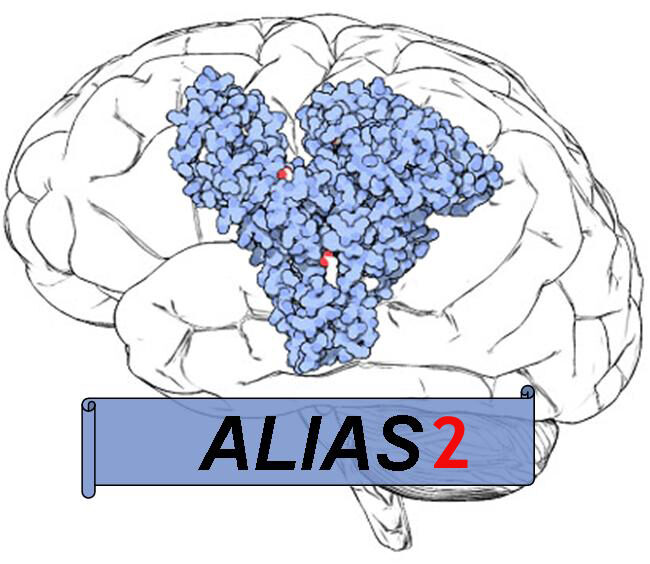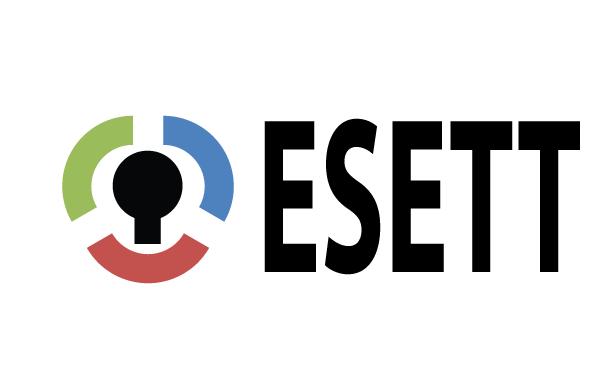Overview The purpose of the ALIAS trial was to evaluate the effectiveness of high-dose, intravenous human serum albumin. In animal laboratory studies it has been shown that it reduces the size of the infarction (amount of tissue death) in the brain and improves neurological function after a stroke and also decreases or eliminates the brain … Read more
Overview What is ProTECT? Moderate to severe traumatic brain injury (TBI) is a common medical problem which can cause brain damage or even death. Scientists have not been able to come up with an effective drug treatment for TBI, despite trying for over 30 years. ProTECT™ III, more commonly referred to as the Protective Effects of Progesterone, was … Read more
Overview What is RAMPART? Seizures are a common medical problem. Most seizures are brief and stop by themselves, but those that don’t stop in seconds or minutes are a dangerous life-threatening medical emergency. Paramedics often have medications that can stop the seizures, but the best way to give them is not known. The Rapid Anticonvulsant … Read more
Overview Over 750,000 people have strokes in the US annually. Approximately 40% percent of the patients with acute ischemic stroke are hyperglycemic at presentation. Though hyperglycemia is known to be associated with worse clinical outcome, it is unclear if treatment interventions to assure euglycemia can improve outcome and if they do if they can overcome … Read more
Overview POINT is a randomized, double-blind, multicenter clinical trial to determine whether clopidogrel 75mg/day (after a loading dose of 600mg) is effective in improving survival free from major ischemic vascular events (ischemic stroke, myocardial infarction, and ischemic vascular death) at 90 days when initiated within 12 hours time last known free of new ischemic symptoms … Read more
Overview The Established Status Epilepticus Treatment Trial (ESETT) is a multicenter, randomized, double-blind, comparative effectiveness study of fos-phenytoin, levetiracetam, and valproic acid in subjects with benzodiazepine-refractory status epilepticus. Patients will be recruited by two national emergency research networks: Neurology Emergency Treatment Trials (NETT) network and Pediatric Emergency Care and Applied Research Network (PECARN). Each network … Read more
Overview The NETT investigated a new collaboration with the NINDS funded, ATACH-II trial. ATACH-II was a five-year, multi-center, randomized, controlled, Phase-III trial with blinded outcome ascertainment to determine the efficacy of early, intensive antihypertensive treatment using intravenous nicardipine for acute hypertension in subjects with spontaneous supratentorial intracerebral hemorrhage (ICH). The ATACH-II clincial trial was funded by the National … Read more
Overview The Clinical Trial of COVID-19 Convalescent Plasma in Outpatients (C3PO) is a multi-center randomized, single blind, two arm, placebo controlled phase III trial with blinded outcome assessment to establish the safety and efficacy of a single dose of convalescent plasma (CP) for preventing the progression from mild to severe COVID-19 illness. COVID-19 is a … Read more







